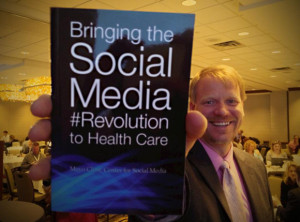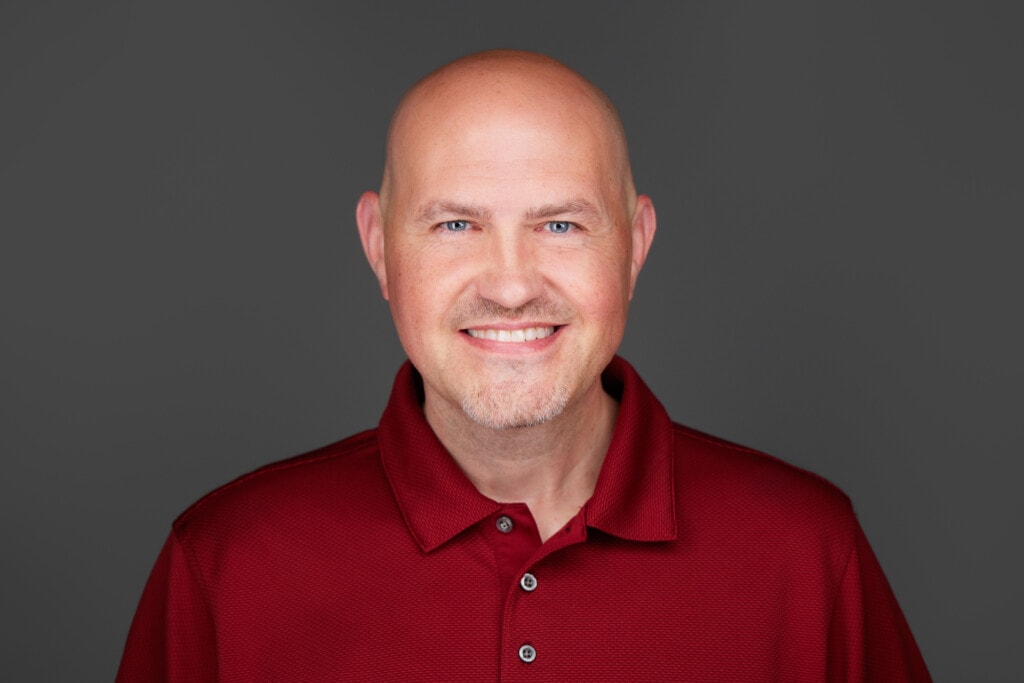I have lived with diabetes since April of 1980. Type 1 diabetes is a chronic autoimmune disorder. For reasons nobody knows, my immune system has attacked a part of my pancreas. My pancreas is the organ responsible for micro-managing my blood sugar level. More often than once a second, it measures and adjusts multiple hormones, constantly keeping a perfect blood sugar; a job I now try to mimic. I have rudimentary tools, imperfect measurements, and lots of unknowns to contend with.
If the level of sugar (or glucose) in my blood is higher than normal, I am damaging my body. Over time, high blood sugars can cause all of the scary complications associated with diabetes (amputations, kidney failure, blindness, etc.). If the level of sugar in my blood is too low, I could die within minutes. Both extremes bring serious threats to my health. Those threats add a lot of psychological baggage to each minute of my day.
Living like that is hard and isolating. I am often the only person around who needs to do complicated mathematical equations before eating anything, before going anywhere, before mowing my lawn, shoveling snow, taking a walk, or before going to sleep at night. Diabetes is always on my mind, whether I like it or not. In my everyday life, I am alone. Even with my closest family and friends by my side.
Social media gives me access to a world of people living with type 1 diabetes, just like me. Any hour of the day or night I can tune in to discussions on twitter or Facebook, I can read thousands of blog posts written by people from all walks of life, all living with type 1 diabetes, and I can find YouTube videos that make me laugh and cry. I can find connections. I can find people who understand exactly what I’m going through. These people and their stories become an emotional lifeline. Suddenly I don’t feel so alone or isolated. In fact I often feel inspired and empowered by what I’ve seen.
Social media has helped me be a healthier person by showing me real-life examples of others living with diabetes. Unfiltered and unafraid, these people are sharing their stories. I hear first hand about situations they have experienced, and I can share in their successes and challenges.
But every time I’ve ever mentioned any of the social media buzzwords to my doctors or nurses, their response is loaded with fear and skepticism. Why? How can they be so afraid and ignorant of something that has been such a lifesaver for me? Their response has everything to do with fear, and being afraid of the uncontrollable Internet.
An exception to this is the Mayo Clinic, located nearby in Rochester, MN. They have been very successful embracing social media, and use it regularly to communicate with their patients. That does not mean they are dispensing medical advice via Twitter, or posting YouTube videos about safely trimming toenails. Nobody is looking for social media to replace professional medical advice, especially those of us living with chronic illness.

The Mayo Clinic recently launched a Social Media Center to teach and train other health care organizations on using social media. Beyond just setting an example for organizations to follow, the Mayo Clinic is encouraging and teaching these organizations to jump in with both feet.
Instead of fearing and ignoring the Internet, the Mayo Clinic embraces the communication that social media enables. That is exactly what we want. We want communication, a chance to share our story, and a channel to provide feedback on what works and what doesn’t. We want to get to know the people behind the corporate curtain. We want to learn more about the dedicated people working to help us live better. We want to know that we are not alone out here.
As a patient living with chronic illness, social media has become a part of my health care regime, and something I’ve come to need as part of my survival toolkit.
I am excited to see that The Mayo Clinic has recognized the importance of social media as a means to connect with and provide additional support to patients. I believe the center will be wildly successful, and I hope to see other healthcare organizations make use of this resource to get involved with social media the right way.

